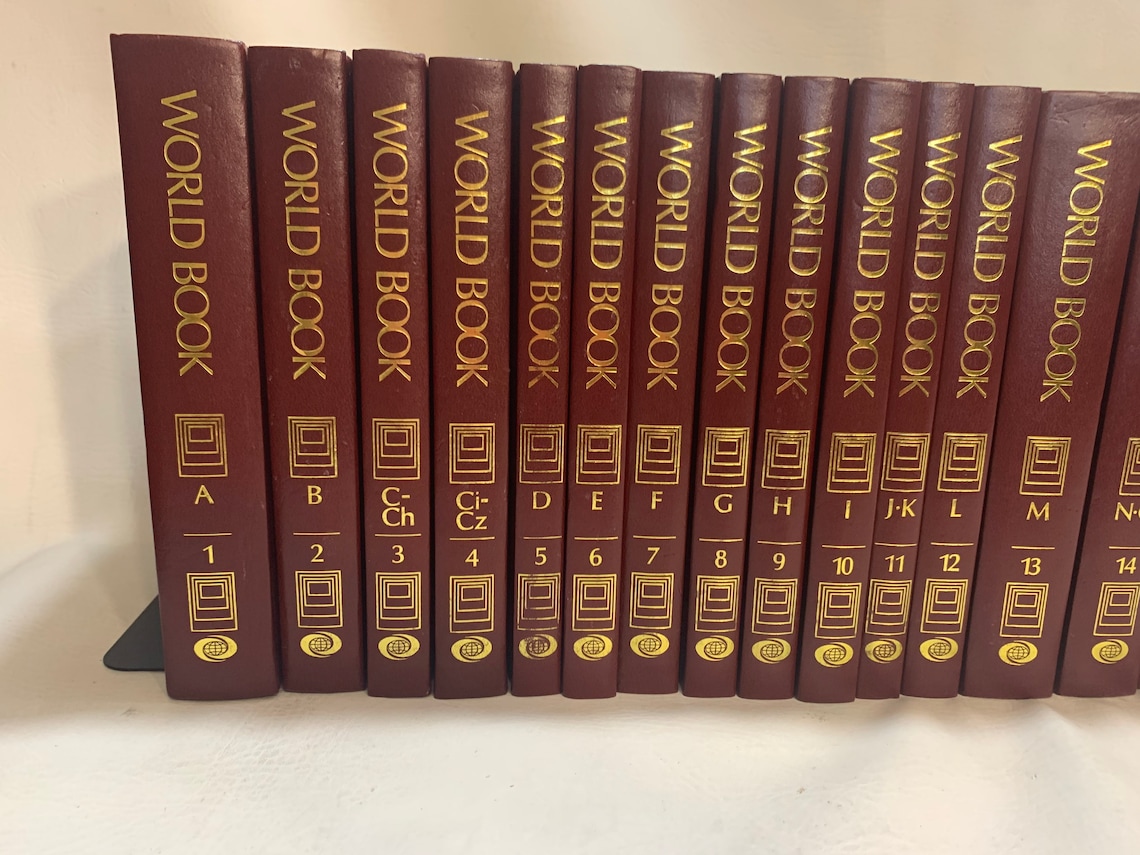I would imagine it was harder to get information on topics as you would’ve had to buy/borrow encyclopedias to do.
Were there proprietary predecessor websites?
Tell me about the dark ages!

Edit: Apparently you can still order an updated print edition of the World Book Encyclopedia for the low price of $1,259.00.
Well, you see, we’d learn everything from my best friends older brother that smoked too much weed and was unemployed.
If he was wrong, then you simply didn’t know he was wrong and you’d go around spouting off nonsense, cause yeah huh I heard it from Jake’s brother
In the long-long-ago, encyclopaedias were on paper, 28 volumes, and weighed 14kg. Quite comprehensive.
Then encyclopaedias were on a CD or two, around 100g.
Before Wikipedia, everything2 was a previous example of a massively-interlinked-website. You could search and maybe turn up some details.
Or prior to google being created, you would just do a search in metacrawler.com to usually turn up some OK answers.
Arguments at the dinner table were solved by an exasperated FINE, I’ll get up and get the encyclopedia just to prove you wrong
Also, we had Encarta. It wasn’t online, but on a CD-ROM so you could view it digitally compared to the dozens of hefty books
One word: Encarta.
This.
“Don’t just copy and paste from Encarta” was commonly recited by my teachers when I was younger
All information was passed down orally by people specially-trained to serve as “oral repositories”—in various cultures they were called bards, makars, aoidos, and various other terms. Important information was often set in verse to aid memorization.
There was a transitional period when writing and printing were used, and an even briefer period when these were supplemented by encyclopedias on CD-ROM before the birth of Wikipedia.
Encyclopedias and libraries. I was lucky enough to have an encyclopedia set at home growing up, and I read the entire thing cover to cover, A to Z.
We had libraries and librarians, the library was an amazing place, soo, soo many books, and you could take them home for a few weeks, for free!
And if you had trouble finding something a librarian could help you find the book you where looking for.
Libraries are still fantastic, but have lost a lot of it’s magic since smartphones became a thing.





